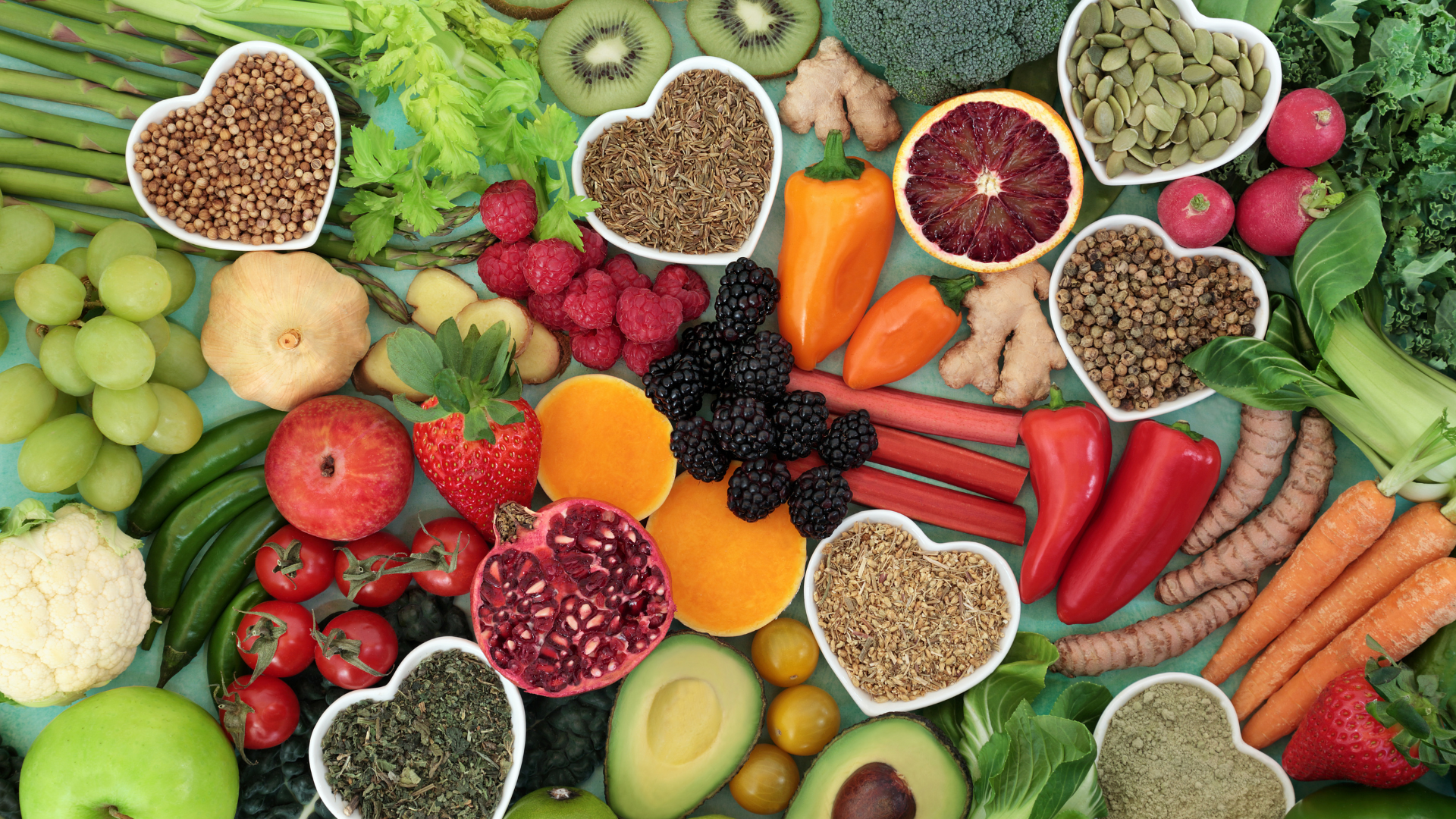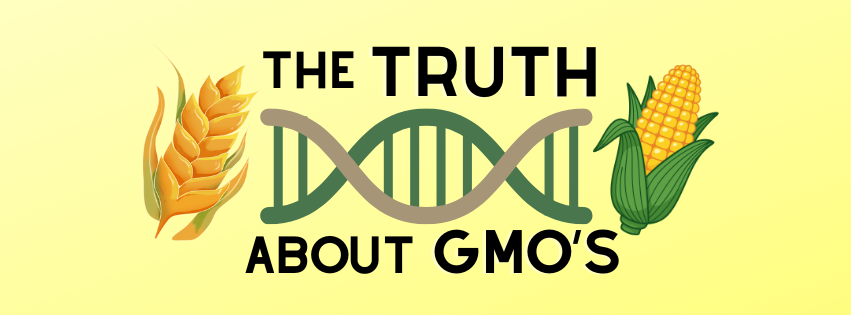Metabolic Flexibility
What is Metabolic Flexibility?
Metabolic flexibility means your body can switch between different types of fuel, like fats and carbohydrates, depending on what’s available or how active you are.
Glucose is the human body's main fuel source. Your body breaks down complex carbohydrates from grains, vegetables and other foods into glucose.
Available fuel: If you eat a meal rich in carbohydrates, your body will prioritize using glucose (from carbs) for energy. If you haven’t eaten recently or are following a low-carb diet, it may rely more on fat storage for fuel.
Activity level: During low-intensity activities like walking, your body tends to burn more fat. But when you do high-intensity exercise, like sprinting or weightlifting, your body shifts to using more carbohydrates because they provide quick energy.
Why Inflexibility Happens
Your body can lose its metabolic flexibility if you develop insulin resistance, are constantly sitting down, gain excess weight, have chronic inflammation, or eat a high-sugar, high-carbohydrate diet. The good news is that metabolic flexibility can often be improved through habits like regular exercise, a balanced diet, and metabolic training (such as intermittent fasting)
Benefits of Metabolic Flexibility
Weight Loss
When your body is metabolically flexible, it has an easier time accessing fat stored during periods of fasting, exercise, or low carbohydrate intake. This is essential for weight loss, as it helps reduce body fat while providing sustained energy without the need for constant eating or snacking.
Enhanced Athletic Performance
Metabolic flexibility enhances athletic performance by allowing the body to efficiently shift between fuel sources depending on the energy demands of the activity.
By improving how the body accesses stored carbohydrates like glycogen, athletes can experience reduced fatigue and improved stamina, ultimately leading to better overall athletic performance.
Balanced Energy Levels
Switching between burning carbs and fats for fuel ensures steady energy all day. This will help with the constant feeling of being tired, which is often associated with poor metabolic function and unstable blood sugar levels. Balanced cortisol levels and an in-sync circadian rhythm further support stable energy levels.
Better Cognitive Function
Metabolic flexibility is critical for brain function, as brain cells primarily rely on carbohydrates for energy. With enhanced insulin sensitivity, metabolic flexibility ensures that glucose is efficiently processed and delivered to the brain, supporting cognitive functions like memory, focus, and decision-making.
Ways to Boost
Vary Your Exercises
Your body can get used to using either fat or carbohydrates for fuel — and inefficient with the other — if you only do one type of exercise. For instance, bodies of endurance runners may get used to fat because they spend so much time in the “low and slow” aerobic heart rate zone. For this reason, it is recommended to mix lower-intensity aerobic training with higher-intensity work to ensure that carbohydrates are being utilized for fuel, too.
Intermittent Fasting
Taking regular breaks from eating (intermittent fasting) helps you switch from burning sugar to burning fat for energy.
The process is simple. For example, instead of eating from morning until late at night, you might only eat within an 8-hour period, like from 12 PM to 8 PM. By limiting your eating hours, you suppress insulin for more of the day. With time, your body’s insulin sensitivity improves. Less insulin, more fat burning.
Get More Sleep
Both the quality and length of sleep are essential to metabolic health. Even partial sleep deprivation can lead to insulin resistance in an otherwise healthy person.
In fact, poor sleep can:
- Affect hormone levels (lowering leptin increasing ghrelin)
- Increase inflammation in the body
- Promote insulin resistance
- Increase risk for chronic health problems
- Increase weight gain
So, good sleep hygiene is a key part of improving metabolic flexibility. This goes hand in hand with managing stress, which has a very similar impact on your metabolic health.
Less Stress
Chronic stress may cause changes in how your body processes glucose, even leading to hyperglycemia or even more reactive hypoglycemia. That built up glucose may increase risk for long-term conditions like diabetes. Taking steps to reduce stress and improve sleep may support healthy glucose regulation, positively affecting metabolic flexibility.
Conclusion
Having metabolic flexibility is essential for weight loss. However, it's pretty simple to control. Just make sure you have a balanced diet and are exercising regularly and your body will naturally take care of the rest. Make sure to reduce stress and get a good night's sleep every night as well.










